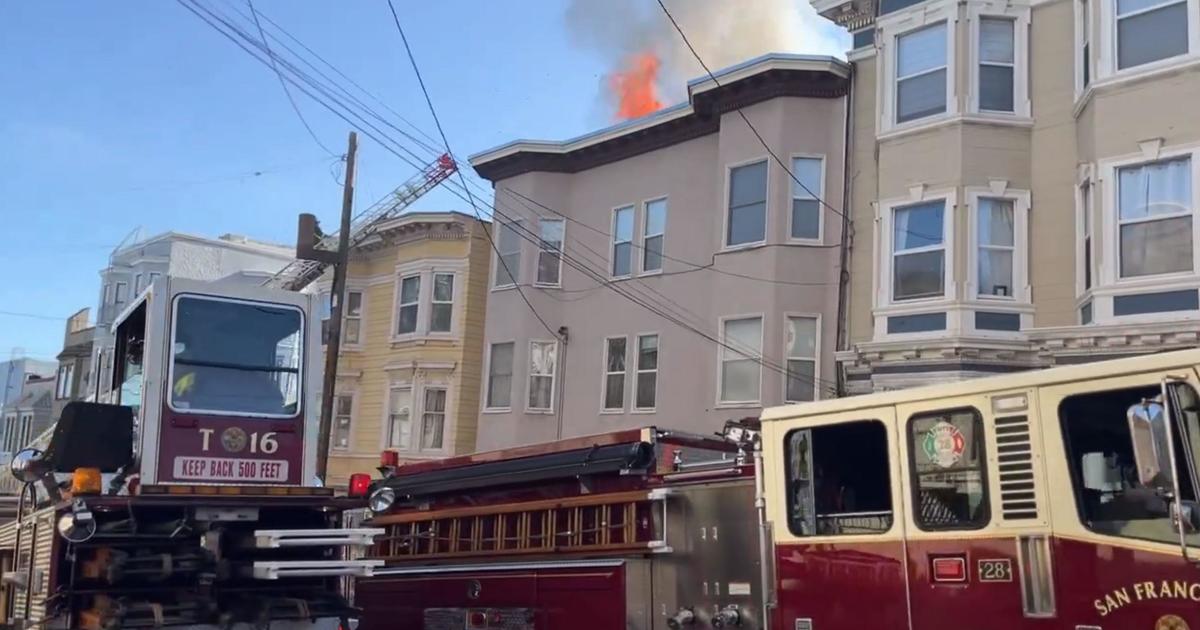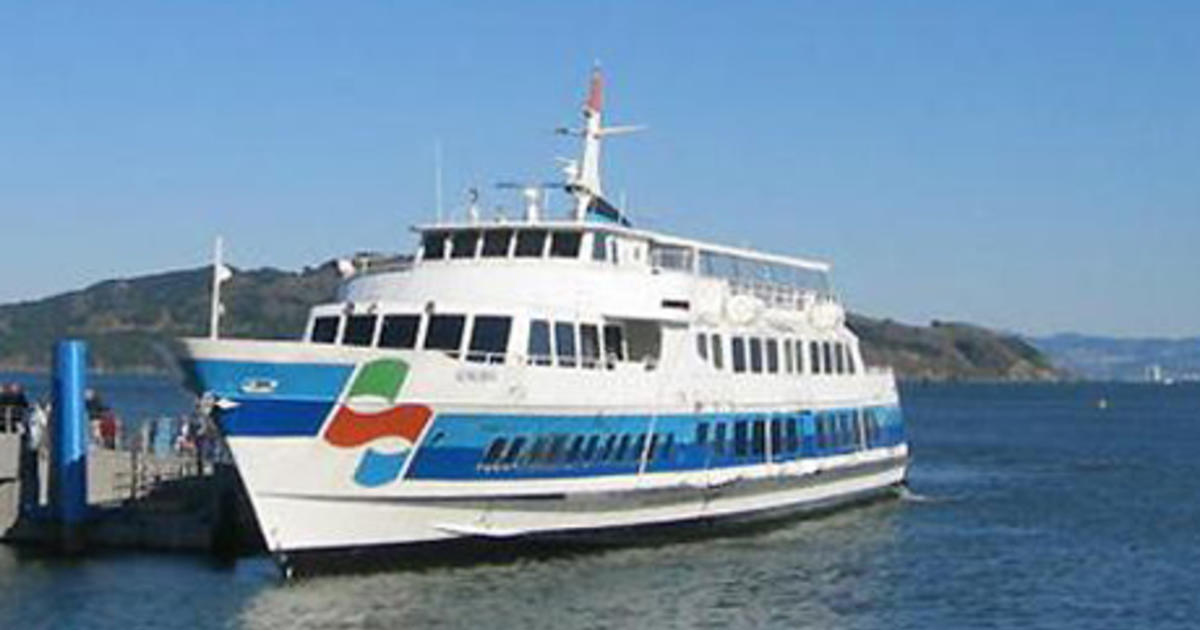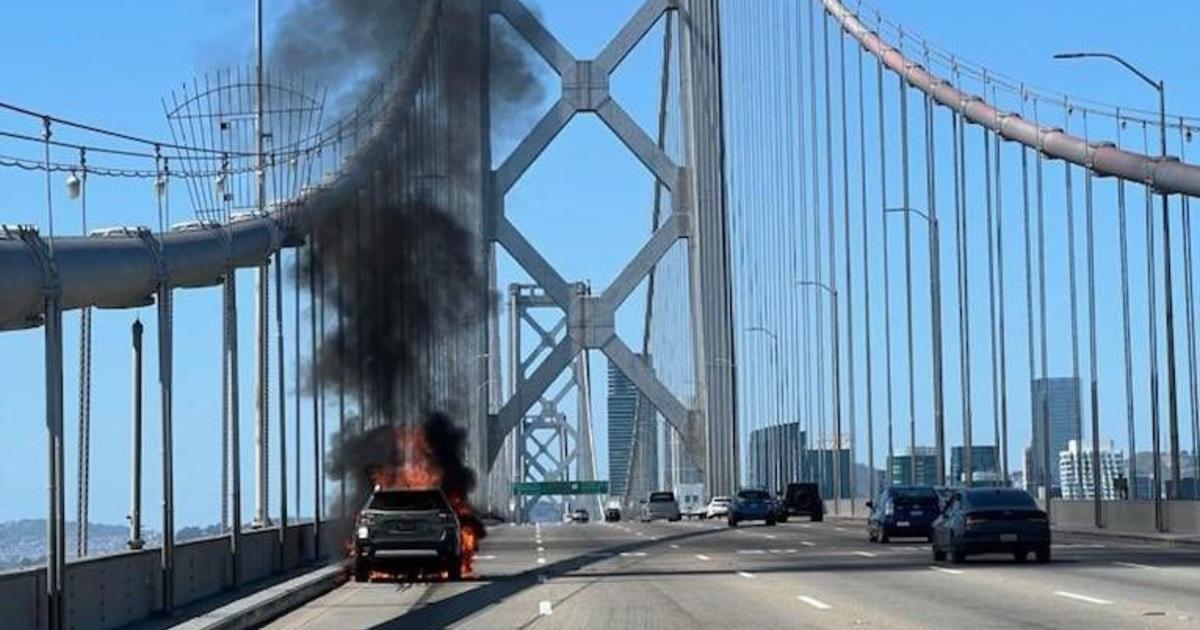Sidewalks Sinking In San Francisco's Mission Bay Neighborhood
SAN FRANCISCO - The sidewalks in San Francisco's Mission Bay neighborhood are sinking and property owners say it's getting to be too expensive of a problem to fix.
"It definitely looks like there's something wrong." Ian Fregosi said.
"Either the sidewalks are sinking or the buildings are going up," Berley Farber said while observing the cracks on Long Bridge street.
You can see the gaps at just about every single street corner.
"Mission Bay is built on landfill, we knew that going in, when this was being developed, it used to be old rail yard and it's made on landfill," Rachel Gordon with San Francisco's Public Works Department said.
She says ultimately it's the building owner's responsibility to foot the bill to shore up the sidewalk, property owners can either hire the city to take care of it or a private contractor. Gordon says the city tries not to be punitive but legally there could be fines if the gaps aren't repaired.
"I always joked it's like Venice its like it could be water around all these buildings," Jennifer Smith Dolin said, she's the Vice President of Operations at Mercy Housing.
Smith Dolin says long term, the nonprofit cannot afford to continue to pay for this.
"The fix and the amount of money we have available is probably not going to add up so if we're going to do a longer term solution we'll have to raise funds to assist with that," Smith Dolin said.
She also worries the constant fixes could be detrimental to the cafe next door that during a difficult year, "adding one other hurdle is devastating to them."
Larry Karp is a geotechnical engineer who studied the now infamous sinking of San Francisco's Millennium tower which sunk a total of 18 inches. Karp says the structures in Mission Bay are more secure, they were built to bedrock because it's a liquefaction zone and still the main bay outlet for water from all the city's underground streams.
"There's soft ground from higher elevations that's washed down to the lowlands, the fill adds weight to the soft soil and consolidates the soft soil, as it consolidates it loses height so it settles, but the buildings are okay," Karp said.
The buildings are designed to withstand an earthquake but the sidewalks and streets aren't.
Karp says the ground is sinking faster than originally predicted and that every time a building owner fixes the problem they're likely making it worse, repaving makes the ground heavier causing sidewalks to sink faster.
"It's difficult to fix this because once you fix them it just starts all over again, the whole process will go on over and over and over again," Karp said.
City records obtained by KPIX show calls for repairs are steadily increasing, last year 59 sites were identified by the city as needing repairs, compare that to around 10 calls a year 10 years ago. Most haven't been completed.
It's an expensive problem, one that isn't going away and for the nonprofit it's a bit unsettling.
"Anything that's taking away from providing affordable housing to people in San Francisco is disappointing, it's money that doesn't go toward that it goes toward fixing a sidewalk," Smith Dolin said.



